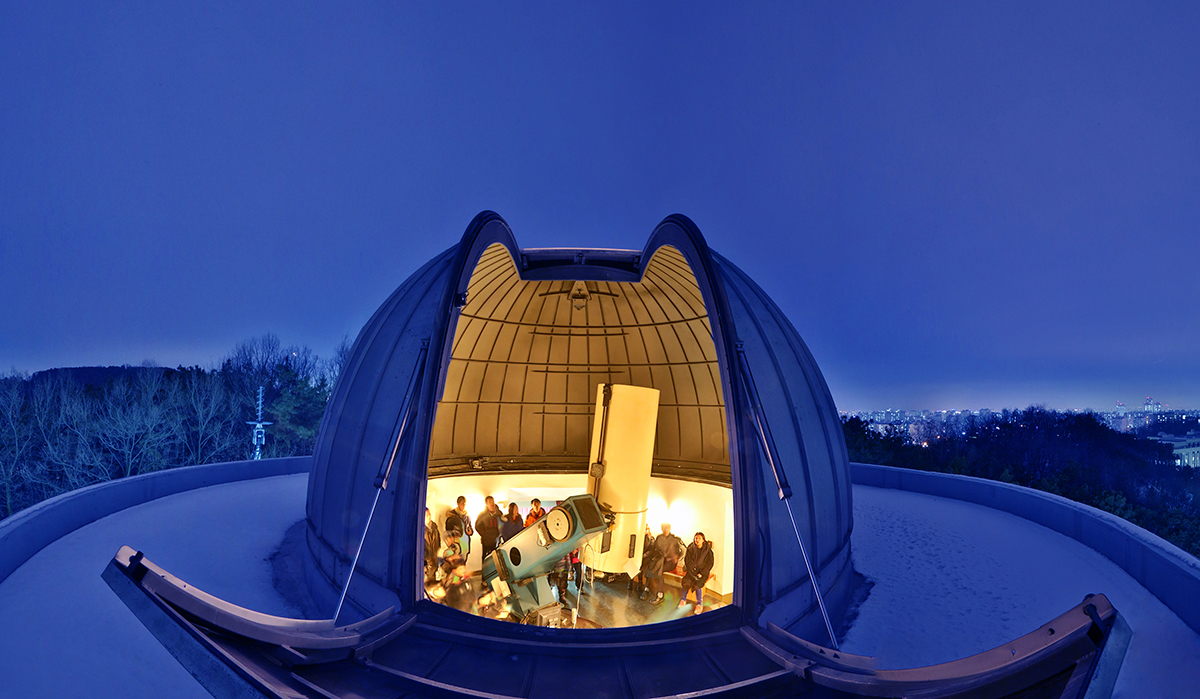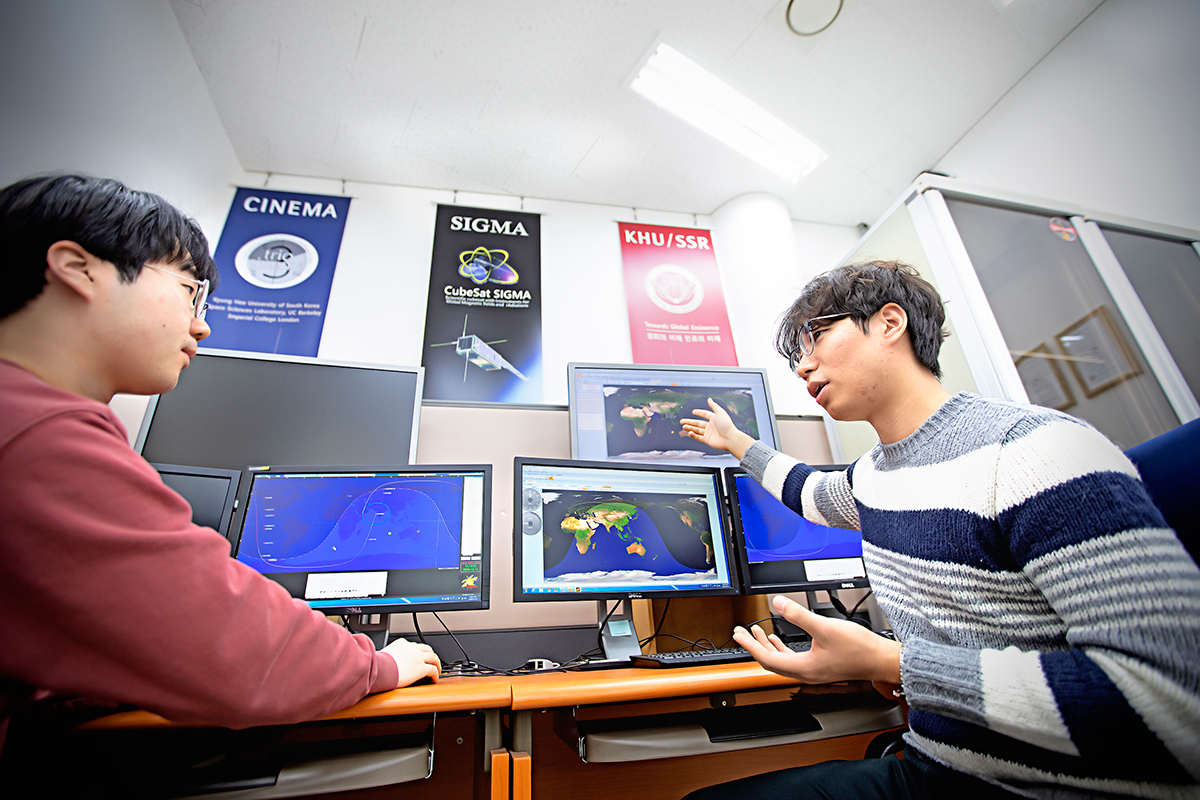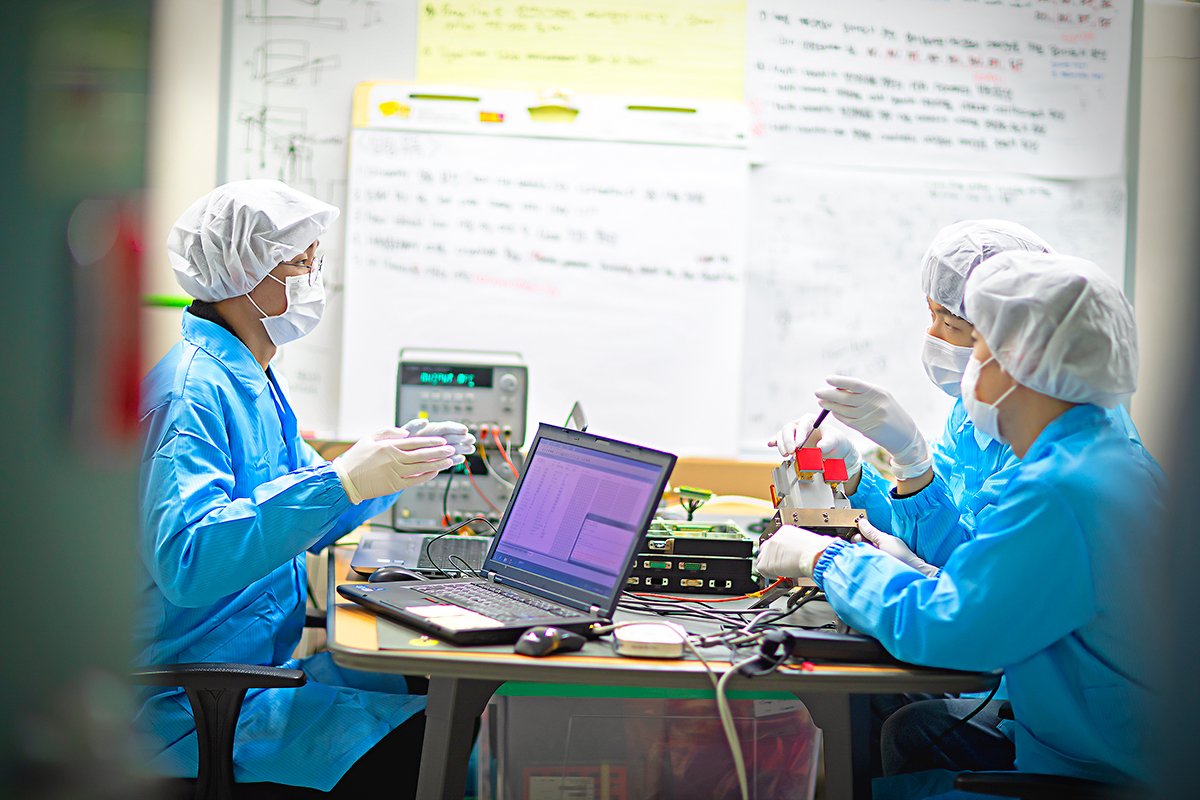header
News
Leading the Quest to Solve Future Scientific Challenges
- WRITER 학무부총장실

Kyung Hee Selected for G-LAMP, Ministry of Education’s 2025 Basic University Research Institute Support Program
The University has been selected for the Ministry of Education’s 2025 Basic University Research Institute Support Program (G-LAMP: Global Learning & Academic Research Institute for Master’s and PhD Students and Postdoctoral Researchers). G-LAMP provides up to 5 billion KRW annually for five years to strengthen university research-institute management systems and to support the innovative operation of key-theme institutes. Kyung Hee was selected in the field of natural sciences (astronomy, particle physics, and space science). President Jinsang Kim commented, “This recognition reflects our sustained emphasis on interdisciplinary, multi-institutional, and multinational collaboration to address global and cosmic challenges. We will establish innovative and original research models suited to this era of transition and nurture a world-class basic research institute.”
Future Space Exploration Research Institute Designated as Key-Theme Research Institute
To implement G-LAMP, the Office of Research conducted a comprehensive review of its 75 existing research institutes and launched a structural reorganization. As part of this process, 30 institutes in the natural sciences, engineering, and medical sciences will be reorganized into 15. Among them, the Future Space Exploration Research Institute has been newly established and designated as the University’s sole key-theme research institute.
The Future Space Exploration Research Institute was selected in light of its social significance, urgency, and alignment with Kyung Hee’s strengths. The designation reflects both the dawn of a new space era and the University’s research capacity in space exploration. The institute will serve as a platform for dismantling disciplinary silos and integrating diverse ideas. It will interconnect three flagship initiatives—Core Technologies for Space Science Exploration, Artificial Intelligence for Space Research, and Fundamental Space Medicine—to advance integrated, pioneering research.

Faculty from physics, engineering, medicine, and pharmacy will collaborate across disciplines, while professional researchers will be recruited at a ratio comparable to full-time faculty, ensuring the early recruitment of promising young scientists. Building on the 2025 program selection, the institute will establish infrastructure and aims to grow into a world-class research hub by the end of the program period.

Advancing International Collaborative Research
Space exploration requires large-scale investment and collaboration; international partnerships are therefore essential. Leveraging its global network, Kyung Hee has identified international partners for each initiative. For example, in space science exploration, we will collaborate with the University of California, Berkeley, to develop a laboratory model for next-generation exploration sensors. Depending on the sub-project, we will also conduct joint research with leading institutions in the United States, Europe, and China.
With the G-LAMP selection, the University will expand its competitive research domains globally. Faculty members of the College of Applied Sciences will hold joint appointments in both the Future Space Exploration Research Institute and the Institute of Natural Sciences, creating a unified governance framework. Based on the College’s development strategy, This framework will support new faculty recruitment, expansion of research space, acquisition of core equipment, and training of the next generation of researchers. Kyung Hee will ensure the success of this development model and extend it to other academic fields.